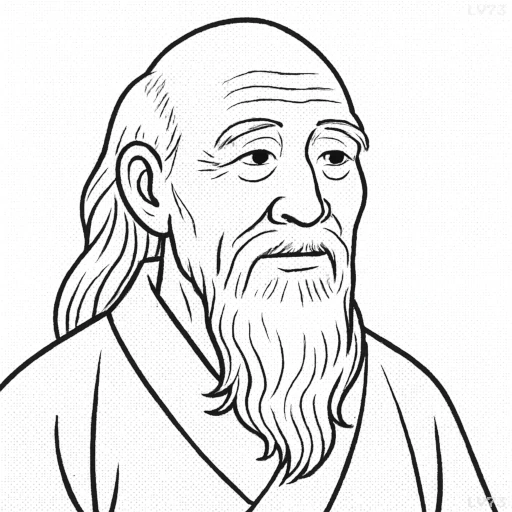“One who is too insistent on his own views, finds few to agree with him.”

- 571 BC? – 470 BC?
- Born in China
- Philosopher
table of contents
Quote
“One who is too insistent on his own views, finds few to agree with him.”
Explanation
This quote from Laozi highlights the importance of openness and flexibility in communication and relationships. Laozi suggests that when a person becomes rigid or overly insistent on their own perspectives, they alienate others and make it difficult for anyone to agree or connect with them. While having convictions and beliefs is natural, insisting on them without regard for differing viewpoints creates barriers to understanding and cooperation. Laozi teaches that true wisdom involves the ability to listen, embrace diverse perspectives, and allow for the natural flow of conversation without forcing one’s opinions onto others. Humility and the willingness to be open-minded lead to more harmonious relationships and a deeper understanding of the world.
In modern life, this principle speaks to the importance of collaboration and empathy in both personal and professional settings. In a world that often emphasizes individuality and self-expression, Laozi reminds us that the most effective way to engage with others is through mutual respect and openness to different perspectives. When we are too focused on being “right” or holding firm to our own views, we miss the opportunity to learn from others and build meaningful connections.
This idea is also relevant in the context of conflict resolution. Rather than insisting on one side of an argument, we can foster understanding and compromise by acknowledging that different experiences and viewpoints are valid. Laozi’s wisdom encourages us to step back, listen more, and be willing to adjust our views in light of new information or experiences. By doing so, we create an environment where mutual respect thrives and connections are strengthened.
Would you like to share your impressions or related stories about this quote in the comments section?


